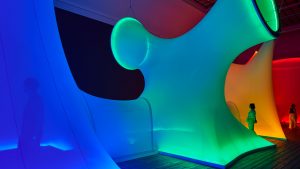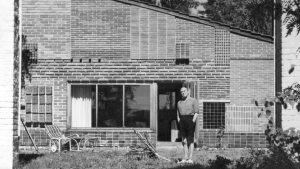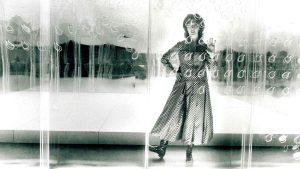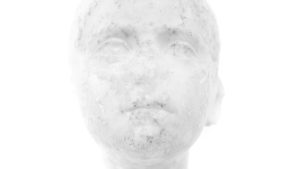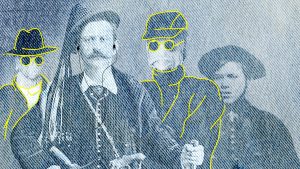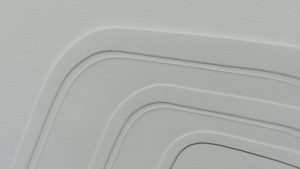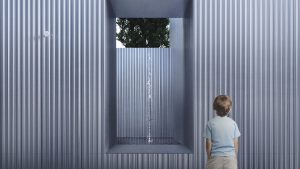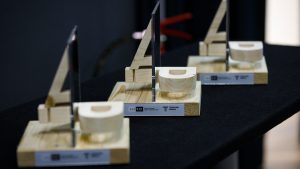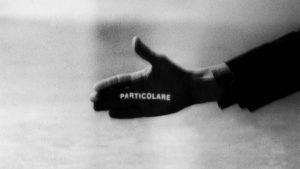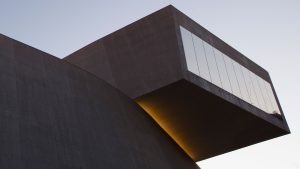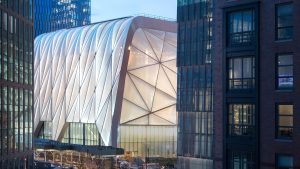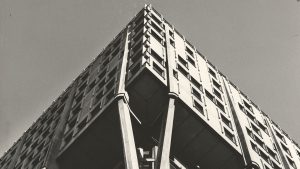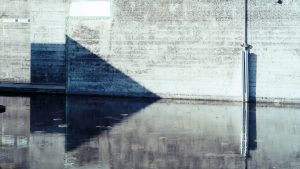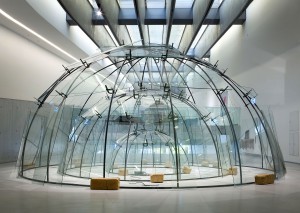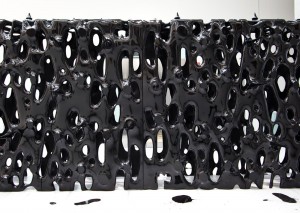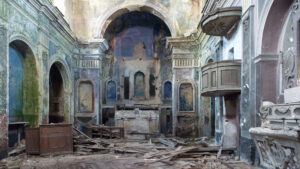Guidi, Guido
Through the eye of Guido Guidi (Cesena, 1941) the visible aspect of reality is revealed through partial clues of only apparently little significance.
Among the masters of that renewal of the Italian photographic tradition that, from the early eighties, focussed attention on the landscape – stripping away all preconceived visions – Guidi developed a personal and complex strand of research that from the analysis of the post-industrial landscape arrived at an awareness of the contemporary landscape as a complex scenario that no longer corresponded to convenient categories (city-countryside, natural-built, beautiful-ugly) but was fragmented into infinite signs that were more difficult to pin down. In the face of such complexity, Guidi’s work appears to indicate not so much a response that aids its comprehension as an attitude: that of listening. Impartial listening that for the photographer translates into an amplification of the field of the photographable, bringing into focus objects, traces or interstitial places that the contemporary produces, in order to record that which these infinite signs may discretely suggest, revealing perhaps marginal but nonetheless constitutional aspects of reality that escape the conscious gaze.
This patient listening approach translates in Guidi’s work into an idiom that is by no means elitist, composed of images that are the opposite of the spectacular, that are poetically minimal, that invite one to tune in to the same discreet, silent and respectful wavelength.
Guidi participated in the Atlante italiano 003 project.


